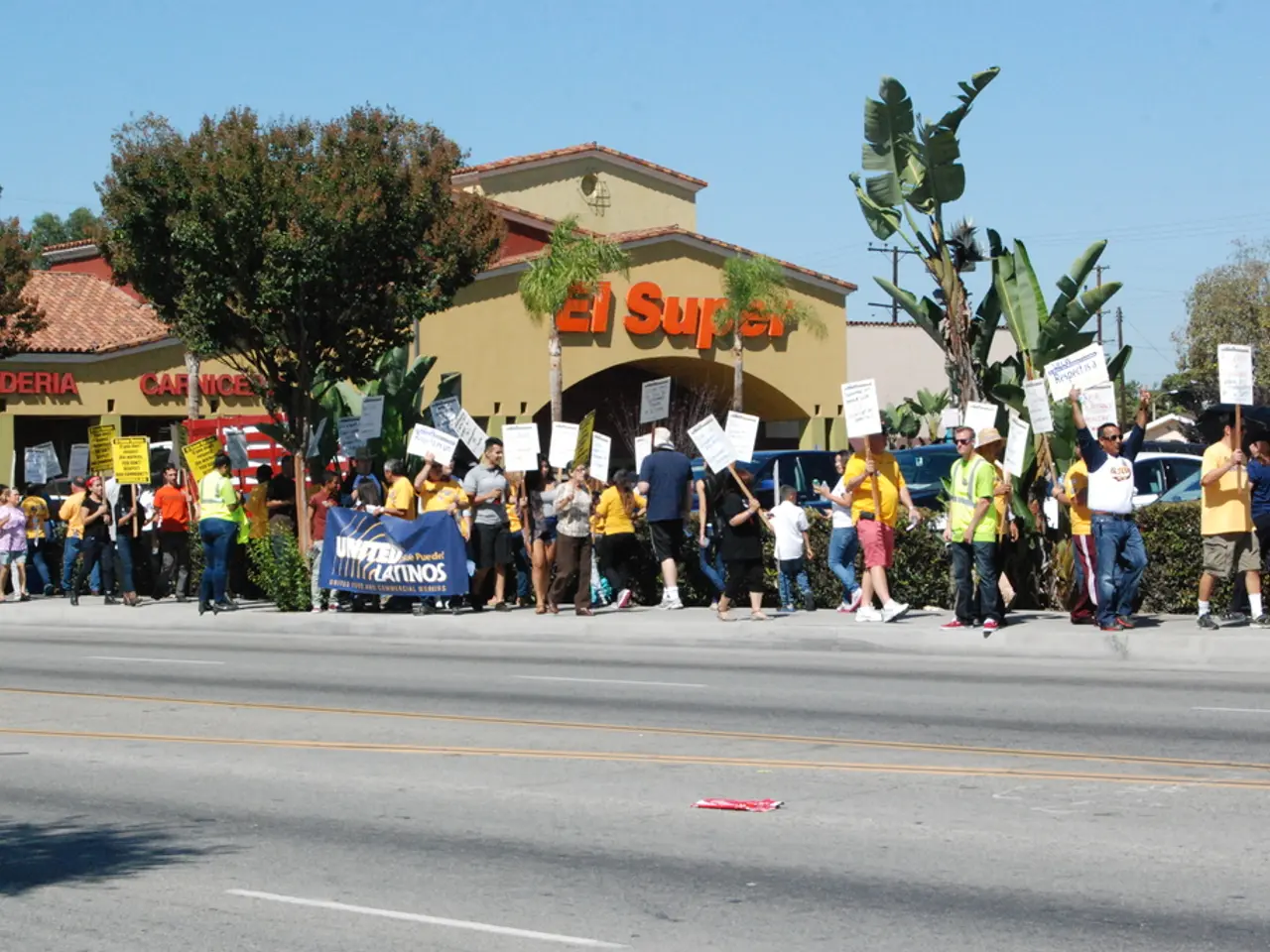Local Advocacy for Community-Based Political Elections
Grassroots Lobbying Empowers Underrepresented Groups in Local Political Campaigns
Grassroots lobbying is a powerful tool that enables ordinary citizens to make their voices heard in local political campaigns. By mobilizing individuals, fostering personalized communication, and promoting inclusivity, grassroots lobbying empowers underrepresented groups to actively participate in political processes and influence policy outcomes.
At its core, grassroots lobbying encourages widespread participation by turning individuals into active political agents. This can involve urging voter turnout, supporting specific candidates, or advocating for particular issues. Unlike traditional lobbying by professional lobbyists, grassroots lobbying is accessible to anyone, regardless of background or experience.
One of the key advantages of grassroots lobbying is its use of personalized communication methods. Unlike broad media campaigns, grassroots lobbying relies on targeted communication such as door-to-door canvassing, phone calls, emails, and face-to-face meetings. This direct contact can give underrepresented groups a powerful way to express their views and concerns effectively.
Another crucial aspect of grassroots lobbying is its emphasis on inclusivity. Effective grassroots efforts often integrate early and meaningful collaboration involving underrepresented communities, ensuring that diverse perspectives shape the political conversation and policy-making processes. This inclusivity helps identify unique needs and challenges faced by marginalized groups and fosters policies that better reflect their interests.
Building trust and long-term engagement is also a significant part of grassroots lobbying. Consistent outreach and engagement by civil society organizations that serve marginalized communities can build trust with public bodies and policymakers, increasing the likelihood that these groups’ voices will be heard and valued.
Grassroots lobbying can be more effective than traditional lobbying by professional lobbyists, as it creates a more significant impact at a fraction of the cost and can hold elected officials more accountable to their constituents. By creating a groundswell of local support, grassroots lobbying can significantly impact the outcome of a local campaign and ensure that the voices of underrepresented groups are heard.
In conclusion, grassroots lobbying is a valuable tool for empowering underrepresented groups in local political campaigns. By fostering active involvement, personalized advocacy, and inclusive collaboration, grassroots lobbying transforms individual voices into collective power, enabling communities that are often marginalized to influence policy decisions more effectively.
References:
[1] "Grassroots Lobbying: A Guide for Underrepresented Communities." National Coalition for the Homeless, www.nationalhomeless.org/resources/grassroots-lobbying-guide/.
[2] "Building Power: A Community Organizing and Advocacy Guide." National LGBTQ Task Force, www.thetaskforce.org/media/files/building-power-a-community-organizing-and-advocacy-guide.pdf.
- Social media campaigns are often integrated into grassroots lobbying efforts, allowing underrepresented groups to leverage online resources and gain broader visibility for their causes.
- In response to regulations around policy-and-legislation, politicians may engage in grassroots lobbying tactics to better understand the general-news issues and concerns of their constituents, enhancing their connection with underrepresented communities.
- Beyond grassroots lobbying, advocacy groups can harness the power of targeted ads on social media platforms to raise awareness, build support, and influence elected officials in local political campaigns.






